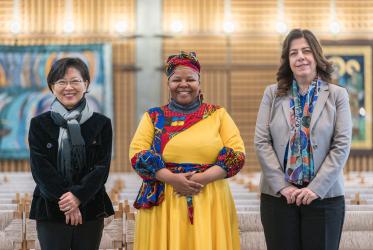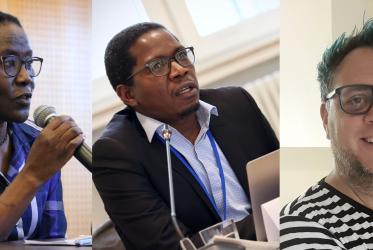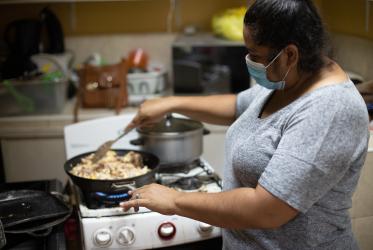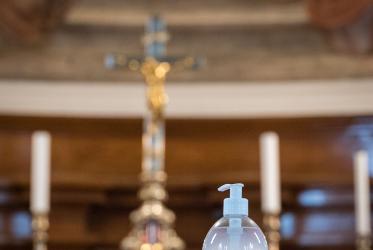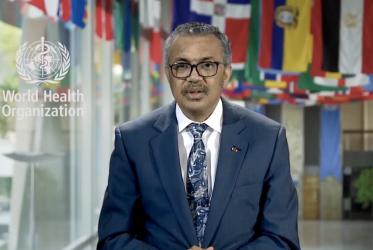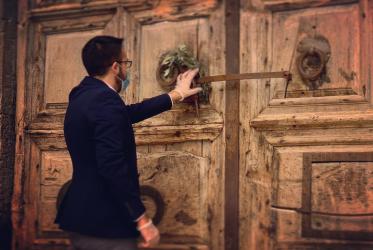Displaying 1 - 20 of 87
08 March 2024
WCC submits comments on draft UN “Pact for the Future”
12 February 2024
Christian communicators urge technologies that unite
20 March 2020
Dealing with traumas and healing of wounds
04 June 2019
A faith-based, holistic approach to HIV and AIDS-care
13 March 2019
